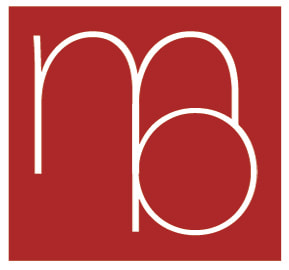|
Friday we watch from the back windows of the building where we have our studios. We can see the hills climb up into mountains there. There is a path that cuts across the nearest steep hillside and walking down it are two carabinieri, followed by an old blue car. I know who they’ve got. I don’t know really know the man other than to see him, and I always hated that he drove his car up the steep stone path, but still, to bring him down for picking asparagus? Rules are rules. That’s the argument. I don’t wholly agree of course. In theory, sound leadership and guidance allows for the individual. It allows for differences between, say, the narrow and cramped streets of the Spanish Quarter or Centro Storico in Napoli and the open rural countryside. For differences between epicenters and places where the few cases there are can be easily tracked and monitored. They wouldn’t, for example, stop Maria and her husband (both isolated and healthy) from tilling their land, a few well-tended acres, far from any neighbors, just because they don’t have an “official” agriculture-related activity (such activities are allowed). There’d be room for the fact that they live off their land. And that others do too. The food supply chain here is short. Maria, lives 14km (about 8 ½ miles) from us and from her we buy our olive oil, bags full of rapini, escarole, a variety of winter greens, then white artichokes, fresh eggs, then lettuces, then tomatoes, zucchini, peppers, pumpkin….
I’m not sure what they’ll do now that they’ve been stopped from tilling. I hope they find a way to do it anyway. There’s something criminal about the cold absurdity of “rules are rules”. I read about the protesters in the US opposing, on the basis of their personal freedom, the restrictions that have been put in place to help contain this virus and I can’t help but feel a twinge of empathy. I haven’t been especially keen on authority or on being told what to do since the age of 16 months (more or less, according to my mother). A part of the discussion around “freedom”, of which I’ve had many, is just how to define it. What I’ve discovered is that “freedom” turns immediately into a weapon of oppression and tyranny when it’s used to infringe on someone else’s. It stops existing the moment it stops considering that the essence of its nature is interdependent: do no harm. When I see a photo of a young woman with a sign that reads “my body, my choice”, with a crude illustration of a mask on it, whatever empathy I had is whisked away and I’d like to reach out and shake her: sweetie, get over yourself—you’re not being asked to wear the mask so that to the government can violate your right to life, liberty and the pursuit of happiness. You being asked to wear the mask to keep from violating mine. That virus you may be carrying is a weapon. See? Here in Italy, we’re talking about “phase 2”, the upcoming attempt to begin to relax restrictions, set to begin May 4. There’s a lot of discussion about how it’s going to happen and who will be in charge of what. There’s need for a unified approach on the one hand, and an individualized approach on the other. There’s talk of trying to self-contain regions, or even provinces and towns within regions so that restrictions can be eased where there are no cases and people can start to work again. Somewhere between “rules are rules” and “don’t tread on me”, there’s a middle way; a complicated but potentially worthwhile middle way.
0 Comments
Leave a Reply. |
MBI added this blog as a way to share some thoughts and experiences around the impact of Covid-19 on my life here in Southern Italy. These posts have been a near-daily practice during this time and are largely unedited, most having been first posted on Facebook. They are of course in order with the most recent entry on the first page. I invite you to explore previous posts or even start from the beginning. Archives
June 2022
|

 RSS Feed
RSS Feed